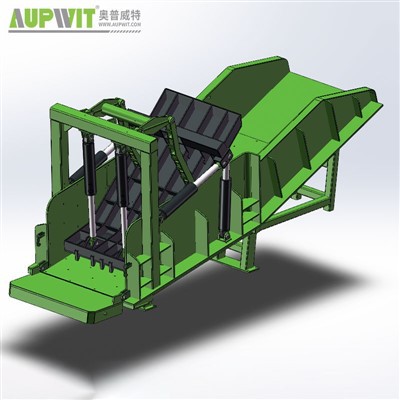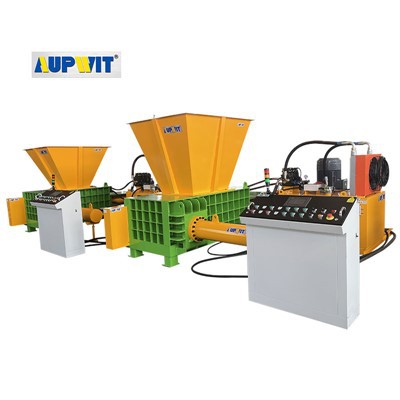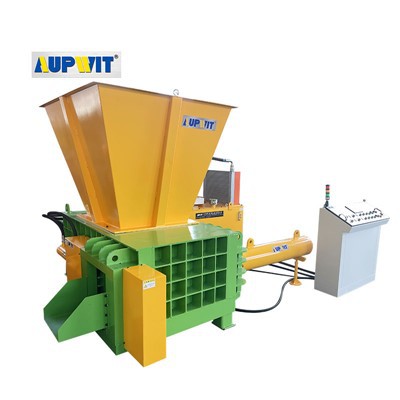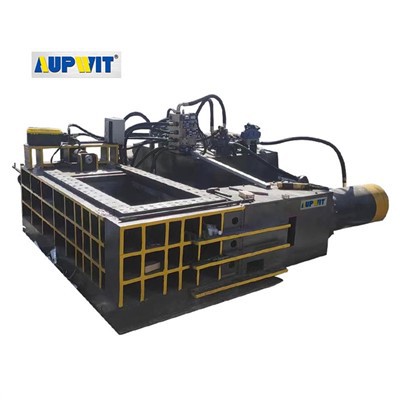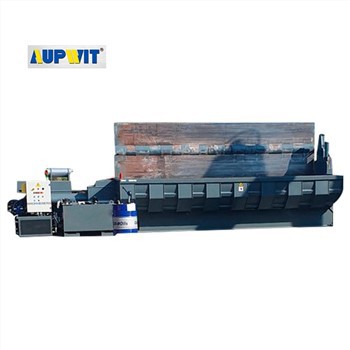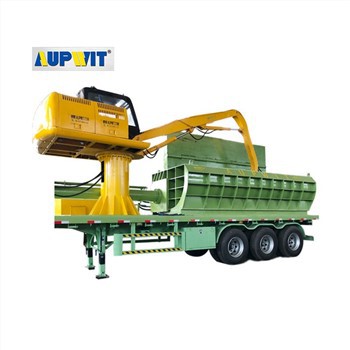The Impact of Hydraulic Pressure on Tire Baler Performance
The pressure of the hydraulic system plays a crucial role in determining the performance and effectiveness of a Tire Baler. Here's how it impacts the baling results:
1. Achieving High-Density Bales
Firstly, sufficient pressure is essential for achieving high-density bales. When the hydraulic pressure is adequate, the baler's compression mechanism can apply strong force to squeeze tires tightly together. This results in compact bales with reduced air gaps, making them easier to stack, transport, and store.
- Optimal pressure creates dense, stable bales
- Low pressure results in loose, bulky bales
- Proper compression reduces storage space requirements
In contrast, low pressure fails to compress tires fully, leading to loose, bulky bales that take up excessive space and may shift during handling.
2. Handling Different Tire Types
Secondly, pressure affects the baler's ability to handle different tire types and sizes. Thick, heavy-duty truck tires require higher hydraulic pressure to break down their robust structure and compress them effectively.
- Truck tires: Require 20-30% higher pressure
- Passenger tires: Risk damage from excessive pressure
- Pressure must match tire specifications
If the pressure is too low, the baler may struggle to deform these tires, leaving them incompletely compressed. On the other hand, applying excessive pressure to lighter passenger car tires can cause over-compression, potentially damaging the baler's components, such as the compression chamber and the blades.
3. Ensuring Consistent Baling Quality
Lastly, stable hydraulic pressure ensures consistent baling quality. Fluctuations in pressure can lead to inconsistent bale density, where some bales are tightly packed while others are loose.
- Stable pressure = uniform bale quality
- Fluctuations cause handling complications
- Regular calibration maintains consistency
This variability complicates logistics and storage, as uneven bales may be more prone to falling apart or causing issues in downstream processes. A well-calibrated hydraulic system with stable pressure output guarantees uniform bale quality, enhancing the overall efficiency of the tire recycling operation.


